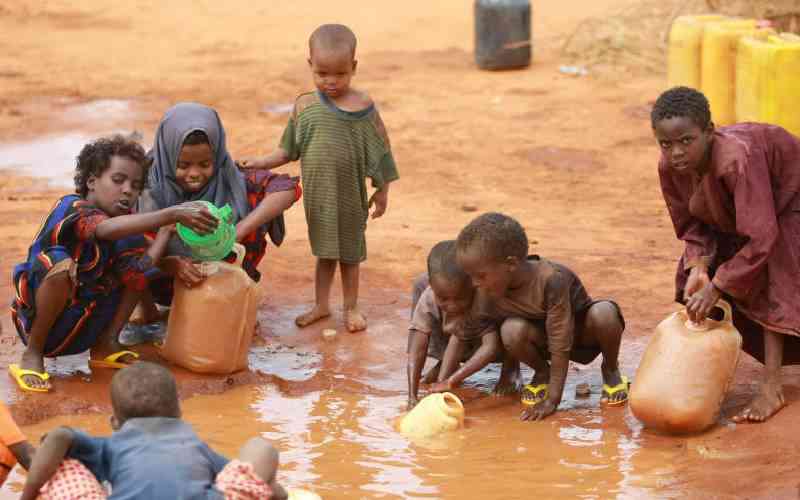
The buzzing, dusty streets of Kakuma have always been a hub of activity. Located in the heart of Turkana County, the sprawling refugee camp is home to thousands of individuals who have sought shelter from war, conflict, and persecution. Its residents have seen better days but hold on to hope.
As the scorching sun relentlessly beats down, casting its golden rays upon the arid landscape, people from diverse backgrounds and cultures move through the streets, their resilience and hope shining through their weary eyes. Men, women, and children intermingle, their steps forging an invisible bond that transcends their differences.